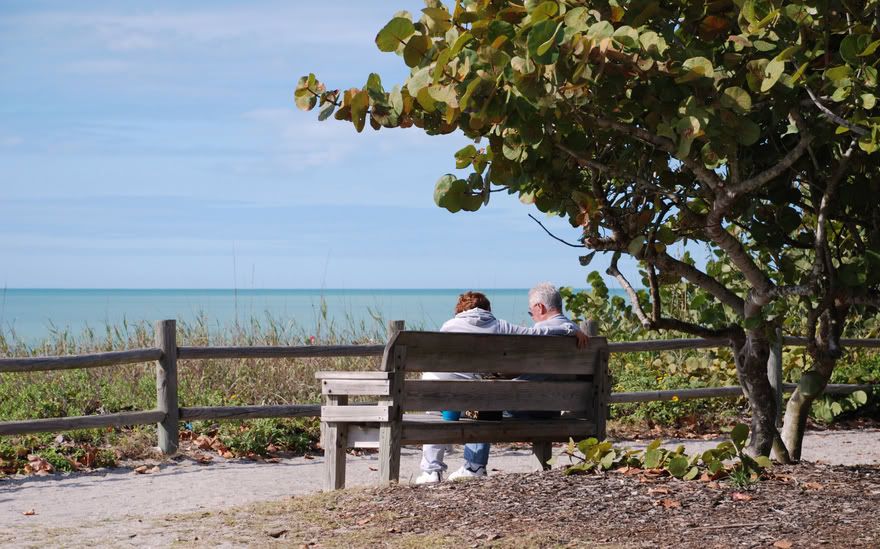 The body is an amazing piece of hardware. It performs diagnostic on itself, 24/7, nonstop.
The body is an amazing piece of hardware. It performs diagnostic on itself, 24/7, nonstop.The slightest difference in operation is usually a sign that something has changed --- and it takes quite a bit of looking into. Sometimes we fail to notice these signals, but they’ve always been there, helping us in detecting diseases. There are different means of talking about diseases, but this is more focused on self-checking yourself.
Here are some tell-tale signs that something’s wrong --- and hopefully you spot them in time.
Unexplained weight change – Should you have an unbelievable shift in weight, from either losing/gaining weight too quickly, it is a sign that helps in detecting diseases. If you’re on a diet, it could mean that it’s working all too well, and maybe a little restraint is needed. But if you’re eating the same volume daily and still experience a sudden shift in weight --- you may be sick. A suddenly-bulbous stomach could be an indicator of fluid building up inside the abdomen.
Paralysis, difficulty breathing, weakness, tingling, pain, numbness – Any of these could help in detecting diseases --- an underlying cause might be present. It could be signs of a stroke, or a heart condition that you’re unaware of. Think back --- did you eat a little too much oily food? Did you start taking new medicine? Consult your physician --- it could be high blood pressure, or a blood clot inhibiting blood flow.
Unusually black, tarry stools – These may instantly scare you, but before jumping to conclusions that it’s a cancer, black, tarry stools are usually from internal bleeding caused by ulcers. Do you get stomach aches when drinking milk or soda? Ask a doctor for ulcer cures, because you’d have to stop the bleeding first. After you get that sorted out, plan out meals that are lower on acids, and maintain a proper schedule for eating. There are also some antacids that act as a cure for ulcer, which thicken the lining of the stomach.
A sudden, sharp headache – In detecting diseases, sudden pain where there was none is a big indicator of a disease or illness lurking just under the surface --- a sudden sharp headache could be a sign of bleeding in the brain. Although very unlikely, brain aneurysms can happen. Getting that treated just in time could be the difference between living to tell the tale … and otherwise.
A lump – Never rule out a lump. A lump is, in detecting diseases, one of the most obvious signs that something has changed. Depending on which part of the body develops the lump, it could either be serious, or benign. Should you notice an unusual lump in your body --- consulting a physician is always the best option.
Should you feel like you are detecting diseases on yourself, remember to keep emergency numbers by the phone.







